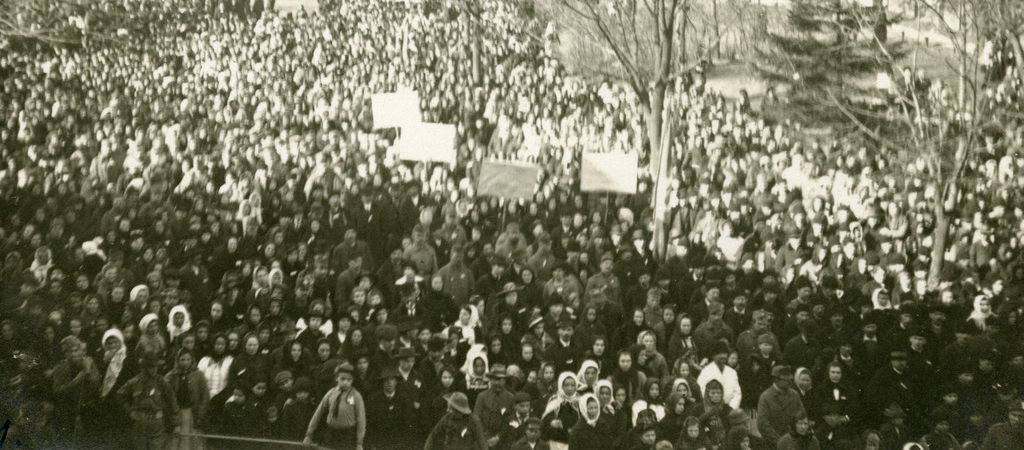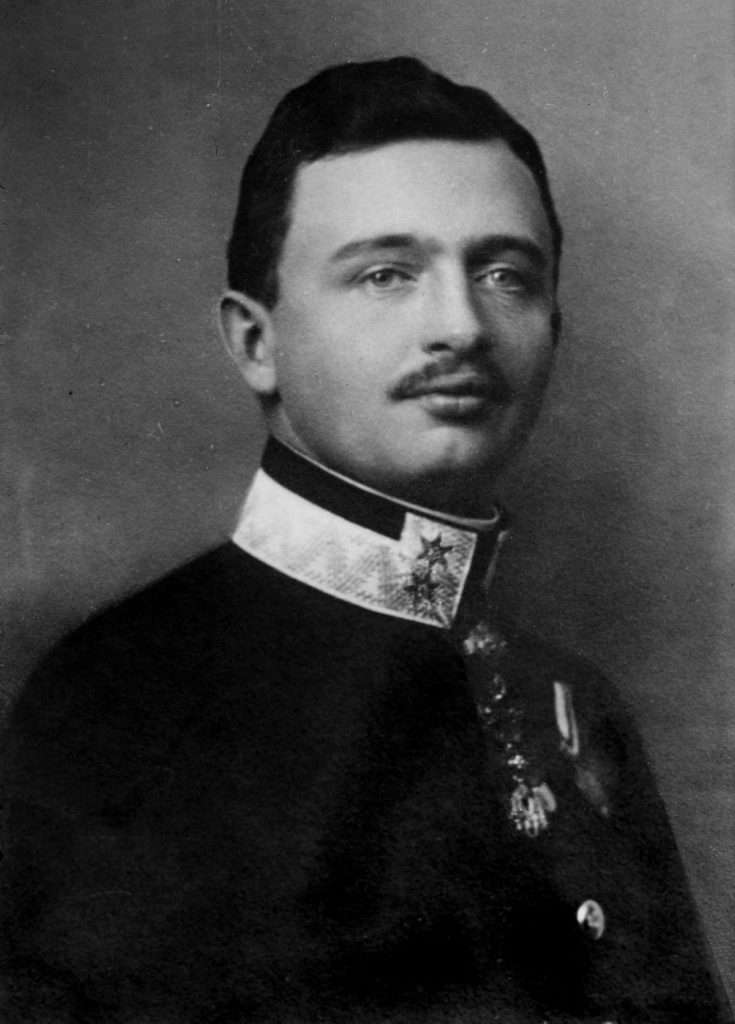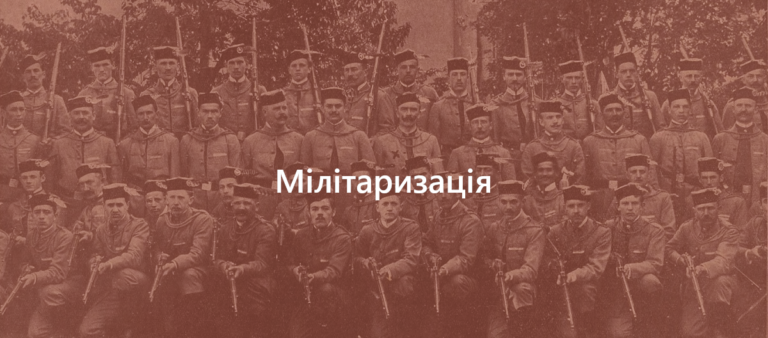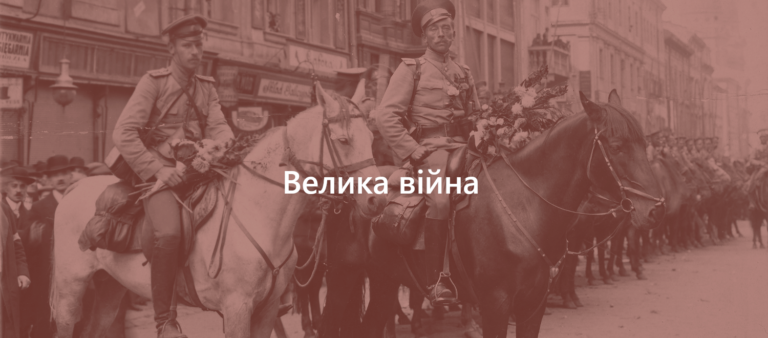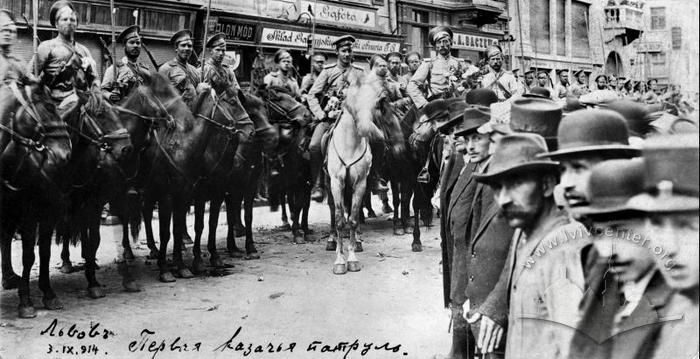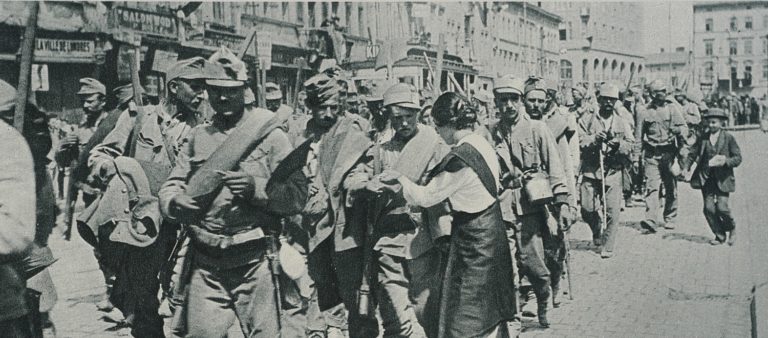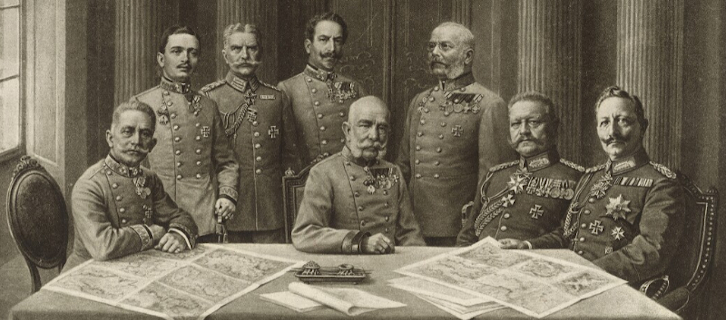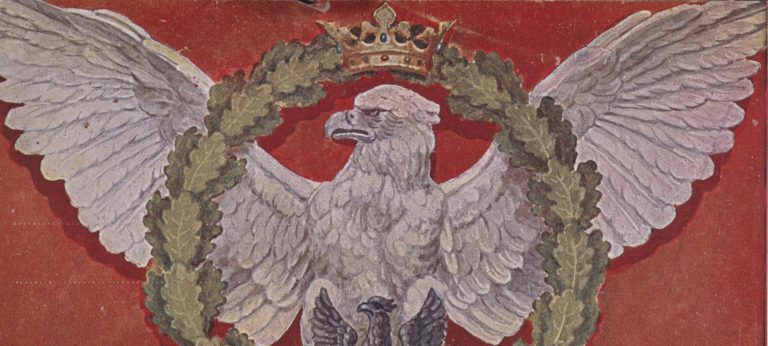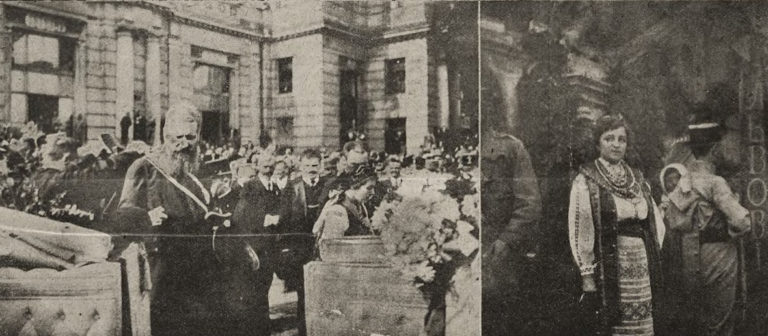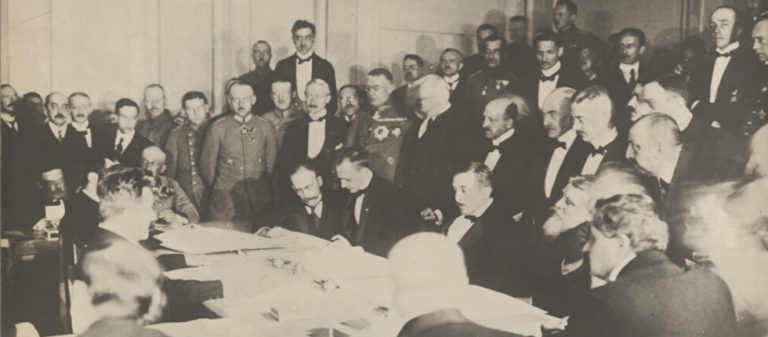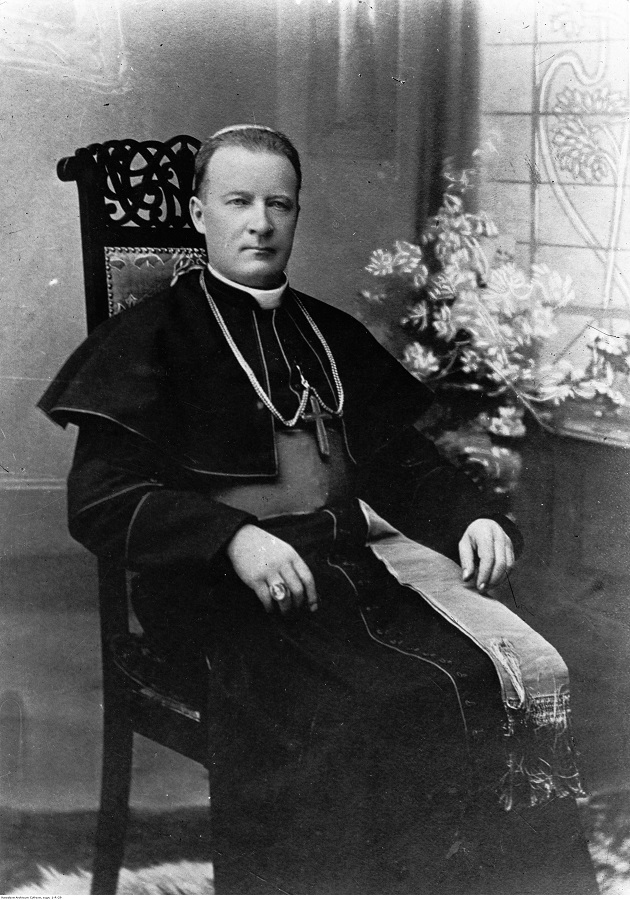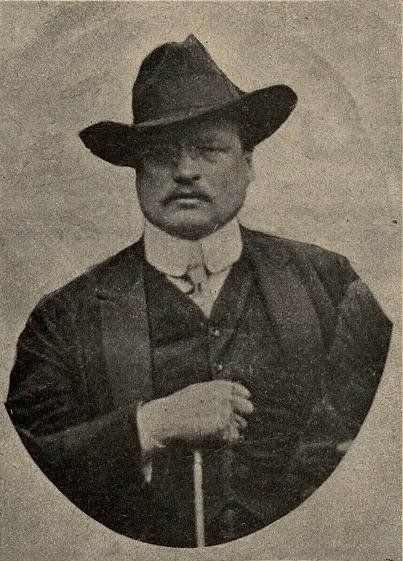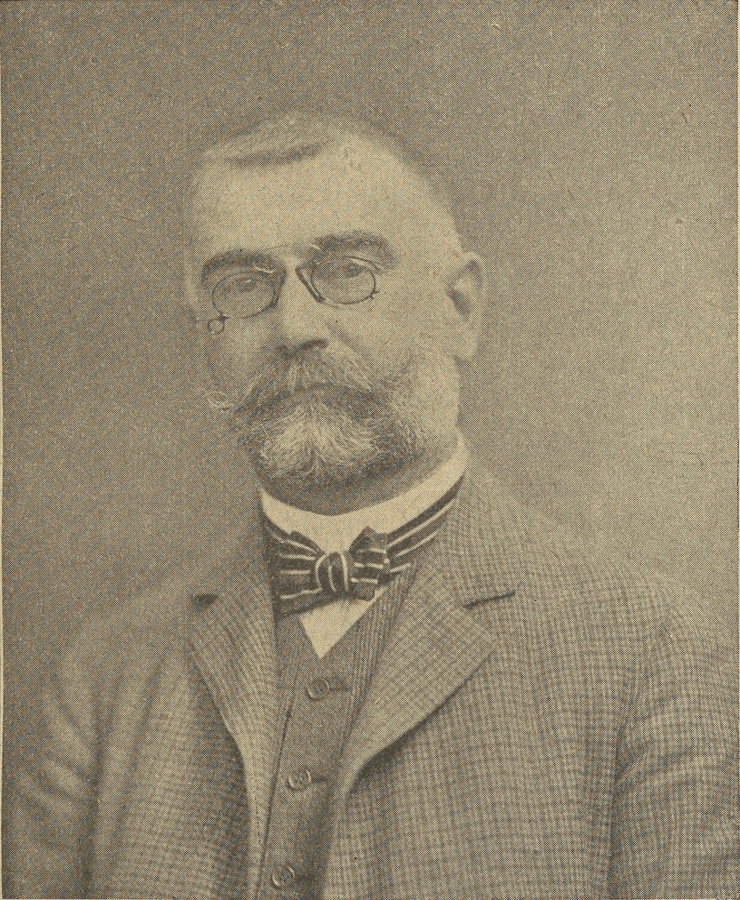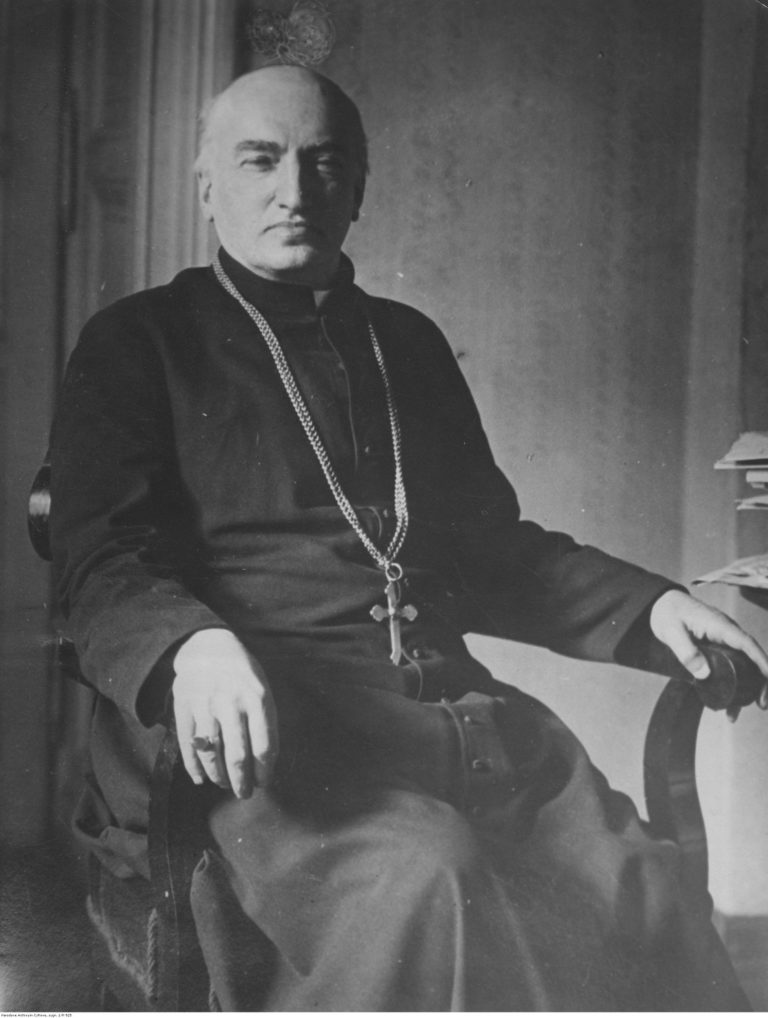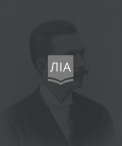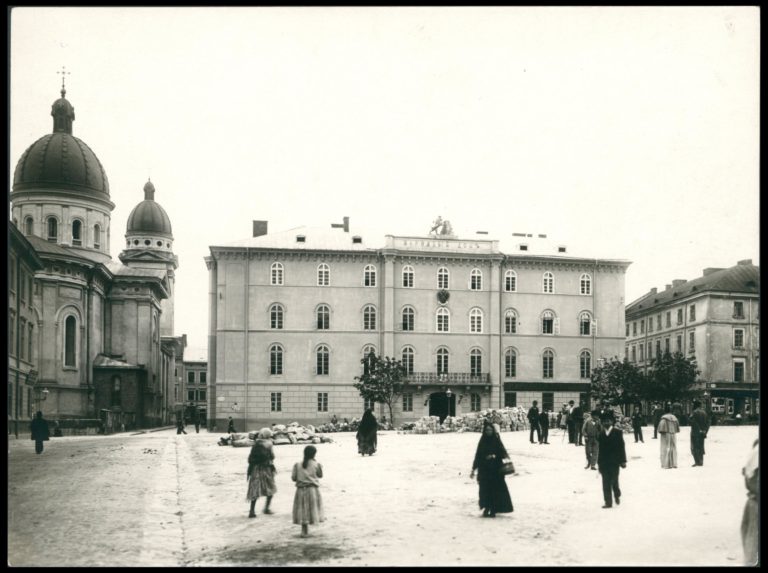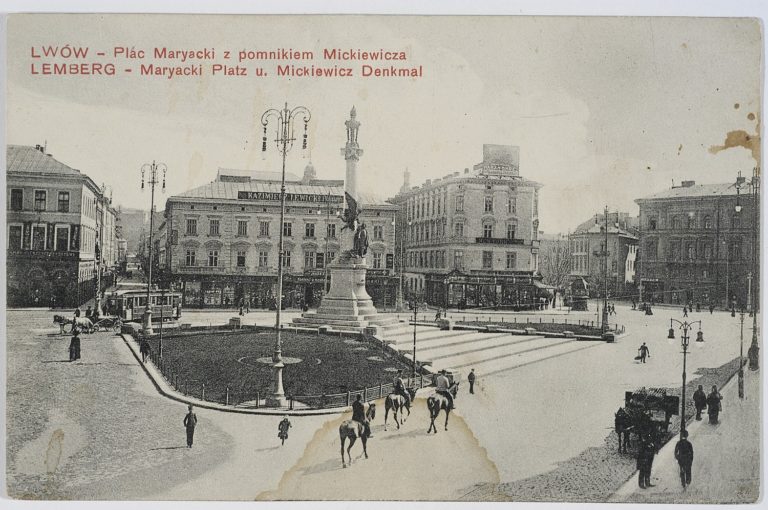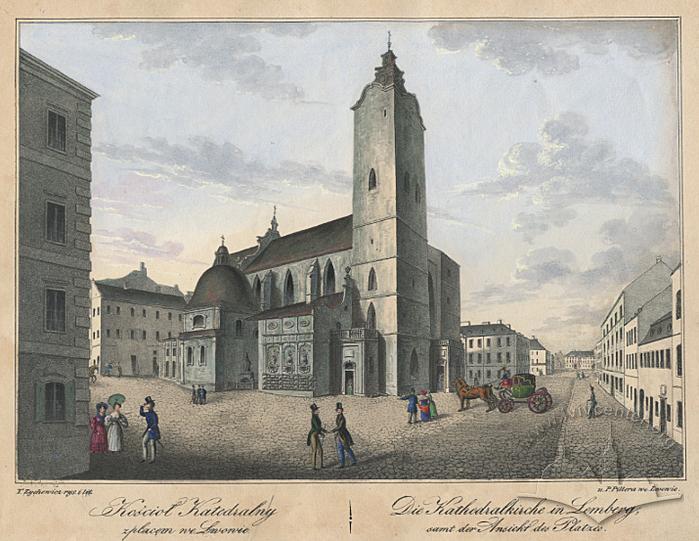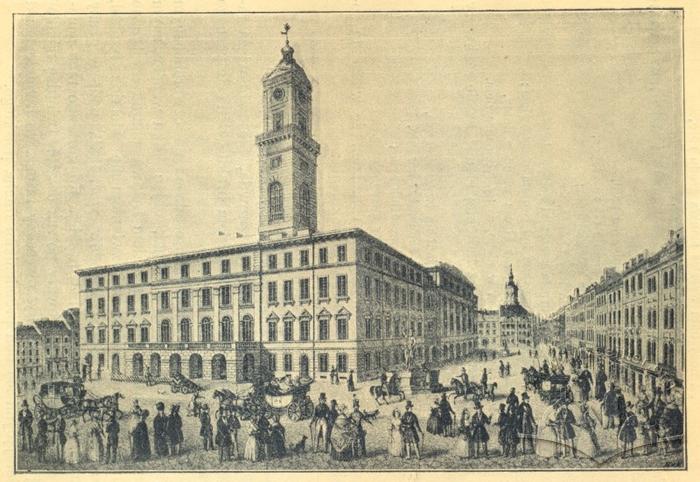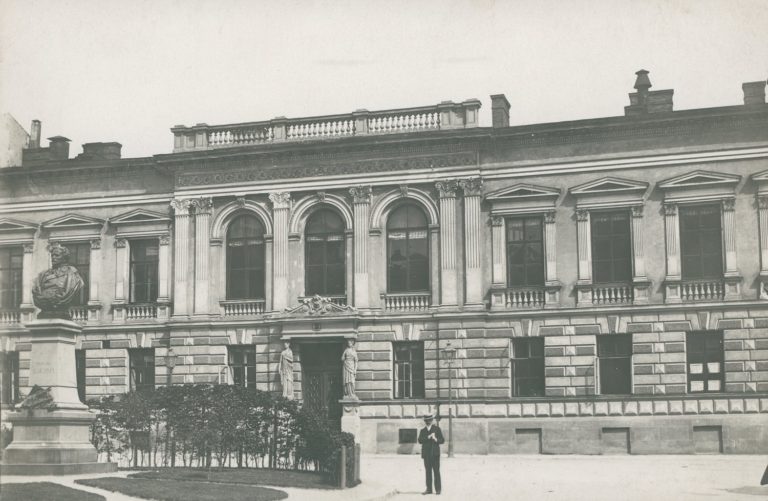In October 1918, in the context of the struggle for the formation of national states, Lviv became the subject of disputes between the Ukrainians and Poles. Political meetings, congresses and discussions involving representatives of both camps took place in the city. The city itself became an arena for the demonstration of popular support: numerous rallies, demonstrations and marches were held there.
Historical context
In October 1918, due to the military defeat of the Quadruple Alliance in the First World War and the national liberation struggle of the peoples, the Austro-Hungarian Empire began to disintegrate into several independent states. The Ukrainians and Poles started taking decisive measures to create their own states, where Lviv was to occupy an important place.
On October 16, Emperor Charles I proclaimed the manifesto "To my faithful Austrian peoples", whose main idea was granting national autonomy to the peoples of the empire and transforming Austria-Hungary into a federation.
- Імператор Карл І / Emperor Charles I
- Маніфест "До моїх вірних австрійських народів" / The manifesto "To my faithful Austrian peoples"
On October 18, 1918, the Ukrainian National Council was formed in Lviv at a meeting of Ukrainian deputies of the State Council (Parliament), Ukrainian members of the Galician and Bukovyna Diets, representatives of political parties of Galicia and Bukovyna, as well as the clergy: a political representative body of the Ukrainian people in the Austro-Hungarian Empire. On October 19, 1918, the Ukrainian National Council proclaimed the Ukrainian state on the territory of Eastern Galicia, northwestern Bukovyna, and Transcarpathia.
On October 28, a liquidation commission was created in Krakow, which was supposed to take over power in Galicia from the Austrian governor and to include the territory of the province into the Polish state.
Description of the event with localization
The meeting of Ukrainian deputies of the State Council (Parliament), Ukrainian members of the Galician and Bukovyna Diets, representatives of political parties of Galicia and Bukovyna, and the clergy took place on October 18, 1918 in the building of the People's House on ul. Rutowskiego (now vul. Teatralna). The meeting lasted from 5 p.m. till 4 a.m.
On Sunday, October 20, a many-thousand-strong rally took place on pl. Sv. Yura in Lviv, where a member of the State Council’s House of Deputies, Kost Levytskyi, announced the formation of the Ukrainian state. The rally began at 11 a.m.: the newspaper Dilo reported that "immense masses of Ukrainians from the city of Lviv gathered on the square." Kost Levytskyi postponed the decision to join Dnieper Ukraine for the future, while member of parliament Semen Vityk called for the formation of a united Ukrainian state on republican principles. The act of proclamation ended with singing "Ukraine has already risen."
On the same day, the newspaper Dilo published the act of the proclamation of the Ukrainian state on the territory of the "Ukrainian ethnographic lands of Austria-Hungary" (which meant the territories of Galicia east of the San River, Lemkivshchyna, northwestern Bukovyna, and the "Ukrainian strip of northeastern Hungary" — Transcarpathia).
October 20, as the Polish-language press reported, was also the day when the "Polishness of the city" was demonstrated. The morning service in the Latin Cathedral was attended by representatives of city and regional authorities, Polish societies, organizations, clubs, etc. After the service with the participation of Archbishop Józef Bilczewski, the text of the proclamation declaring Polish statehood was read, those present at the liturgy sang the hymn "God, save Poland" ("Boże coś Polske").
After leaving the cathedral, people went to the City Hall, where the meeting of the city council was held. The assembly room was filled with spectators, among them: participants of the Polish uprising of 1863, representatives of guilds, public organizations and societies. To show their Polishness, some members of the city council were wearing traditional aristocratic kontuszes. The meeting ended with the declaration of Lviv belonging to Poland and the decision to send a delegation to Warsaw. After that, there was a march to the monument to Adam Mickiewicz and a short rally on the square.
Around 3 p.m., processions with flags set off from the churches of Lviv to pl. Kapitulny (now pl. Katedralna). The meeting, which was blessed by the archbishop, numbered several tens of thousands. Among the political speeches about the restoration of Polish independence and the affiliation of Lviv to Poland, there were also prayers to the Mother of God — the "Queen of the Polish Crown" — and to the "Polish saints" Jan of Dukla and Jakub Strepa.
In the evening of the same day, a meeting of the Polish public was held in the hall of the City Casino and the Literary and Artistic Circle, as well as in the Mykolasz passage. Speeches were delivered by the president of the Casino and the Literary and Artistic Circle Aleksander Vogel and Armenian Archbishop Józef Teodorowicz. At the same time, meetings of Polish women's Christian societies in the city hall expressed their support for the restoration of Polish statehood.
Interpretation of the event by various publications
The main feature of the coverage of the October events in Lviv by the national press is the almost complete ignoring of Ukrainian events by the Polish press and of Polish events by the Ukrainian press. When there is a mention of an event, it looks more like an introduction to an analytical or propaganda article than news. Thus, reporting on the meeting of the Ukrainian National Council, the Kurjer Lwowski defended the Polish right to decide the destiny of Eastern Galicia. It is natural that the coverage of "one's own" events was as complete as possible and contained a positive assessment. Moreover, many materials were dedicated to justifying the "Polishness" or "Ukrainianness" of the city, based on historical tradition and cultural heritage.
